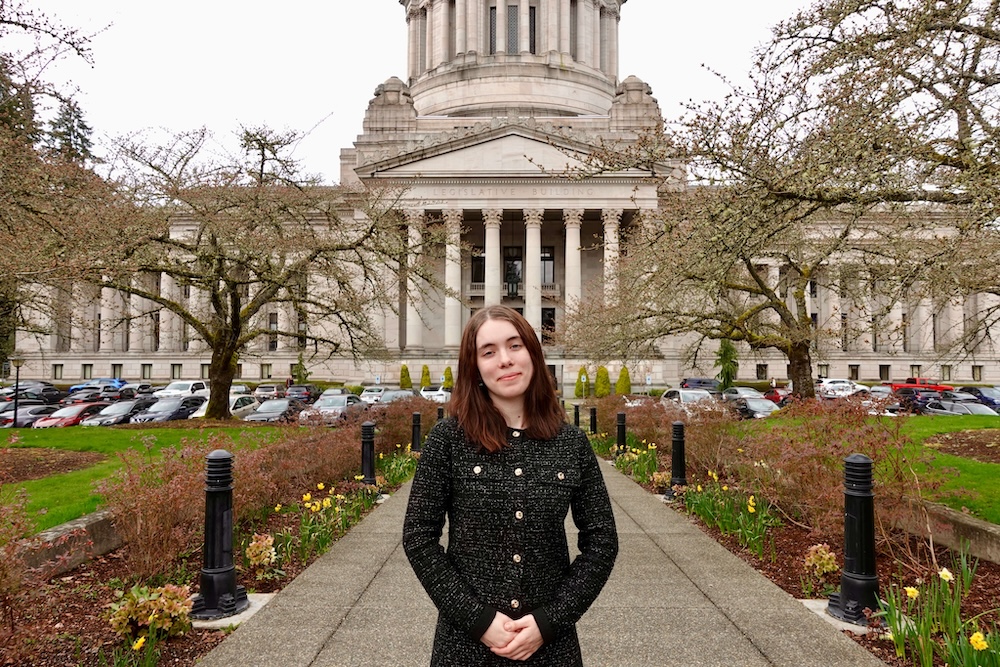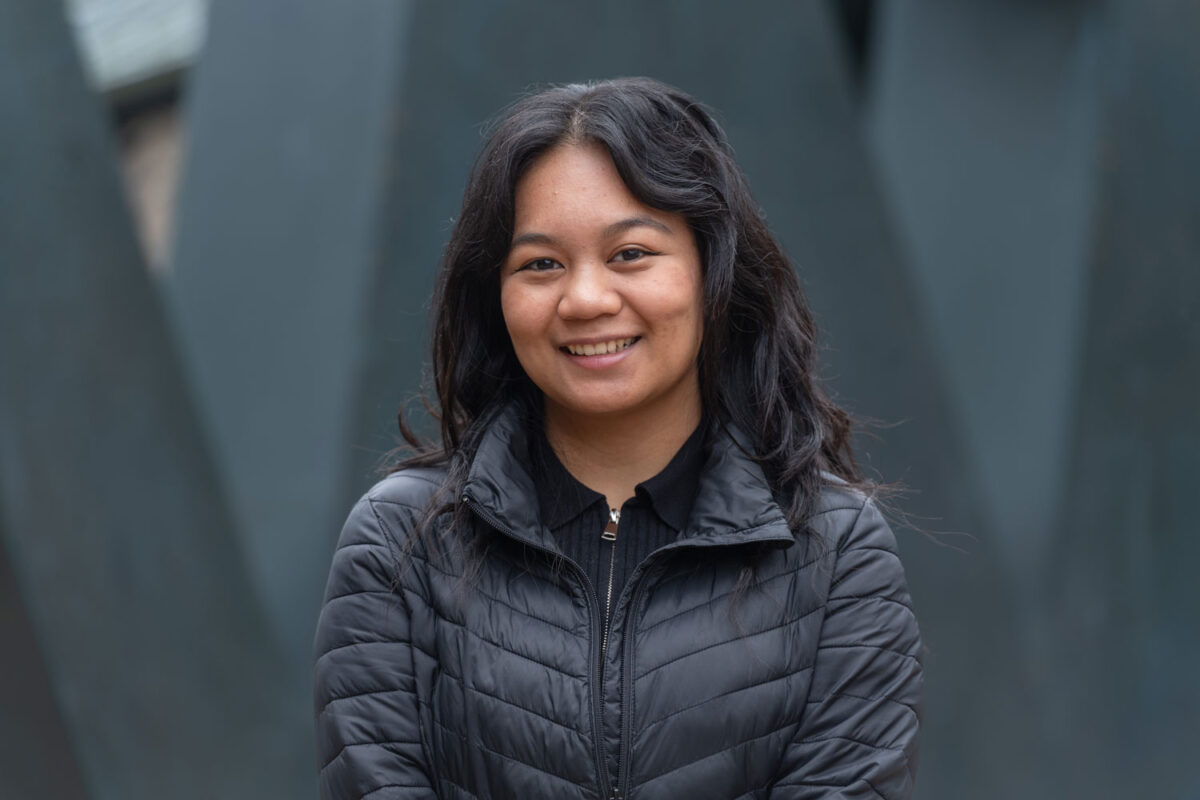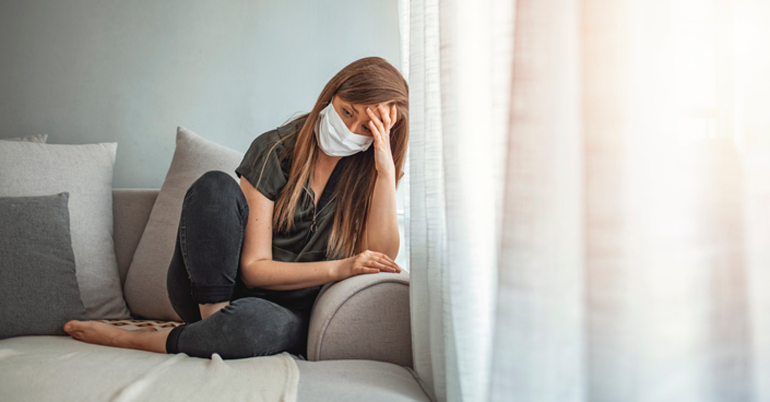
Even before the outbreak of COVID-19, social isolation was a growing epidemic. According to the Harvard Business Review, loneliness has doubled since the 1980s with 40% of adults in the United States reporting that they are lonely. Not only is this bad for mental health, research has proven that it also negatively impacts physical health.
Studies of elderly people and social isolation have shown that those who lack adequate social interaction are twice as likely to die prematurely. This increased risk of early death is comparable to that of smoking and is twice as dangerous as obesity.
“Social isolation can lead to decreased cognitive functioning, muscle atrophy and, at worst, failure to thrive — a syndrome of weight loss, decreased appetite, poor nutrition and inactivity, often accompanied by depressive symptoms,” said Greta Marconi, a student in the Bachelor of Science in Nursing program at the University of Washington Bothell.
“We have always known that social isolation is heartbreaking. What we didn’t know until recently, is that it can also be heart-stopping.”
Stigma causes struggle
Loneliness, like obesity and smoking, is dangerous — and is just as stigmatized. While a plethora of strategies to prevent obesity and quit smoking exist, there is less information and dialogue about how to cope with or prevent loneliness.

Since the advent of social media, all too often people tend to equate other people’s worth with their social networks, passing judgment on how many Facebook friends they have or how many likes they get on an Instagram post. “Not only is there a fear to be lonely, but there is also a fear to appear lonely. This makes acknowledging it and asking for help even more challenging,” said Saruda Phonlasook, another nursing student at UW Bothell.
“It can feel like admitting failure in some of life’s most fundamental domains: belonging, love and attachment. So instead, people harbor it inside, and their health deteriorates.”
Phonlasook said that since the pandemic, she has seen an increase in patients coming to the hospital due to failure to thrive. “I see people who have lost their desire to eat, to maintain relationships — really who have just lost their desire, period,” she said. “Including their will to live.”
Structure creates support
Social isolation and loneliness existed before the spread of COVID-19 but has been exacerbated by the need to quarantine. “The pandemic created a lot of losses, and one that most everyone suffered from was the loss of their routine,” said Jenn Boelter, also a UW Bothell nursing student.
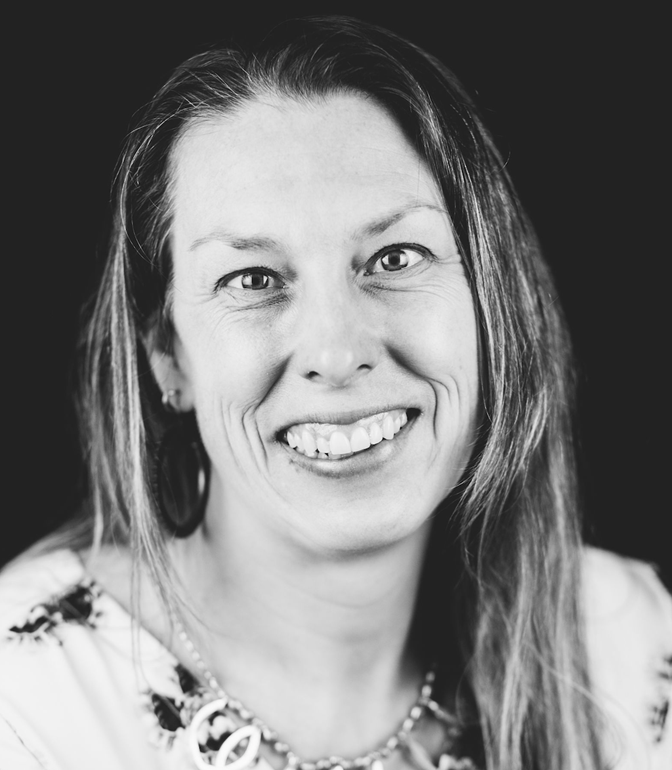
She explained that because most everyone was stuck at home, there was no longer a pressing need to shower, get dressed or maintain proper hygiene. “People started to abandon those fundamental tasks and would instead stay in bed or in their pajamas all day,” she said. “That led to stagnancy, and depression quickly followed.”
Routines help people stay engaged. Boelter advises people to pretend that they have places to be even when they don’t. “Make your bed, take a shower, put on clothes, walk your dog. It’s important both mentally and physically to create that normalcy in your day-to-day life.”
Caring in community
Marconi also recommends making time to connect with others, whether that be online or in person. “Zoom and FaceTime are great ways to create that one-to-one time with another person,” she said. “For people who are older or struggle with technology, there are a variety of organizations that are also offering ways to stay connected.”
One of these is the Edmonds Waterfront Center. “It has a quilters club where people can be together, socially distanced, and just commune with one another,” Marconi said.
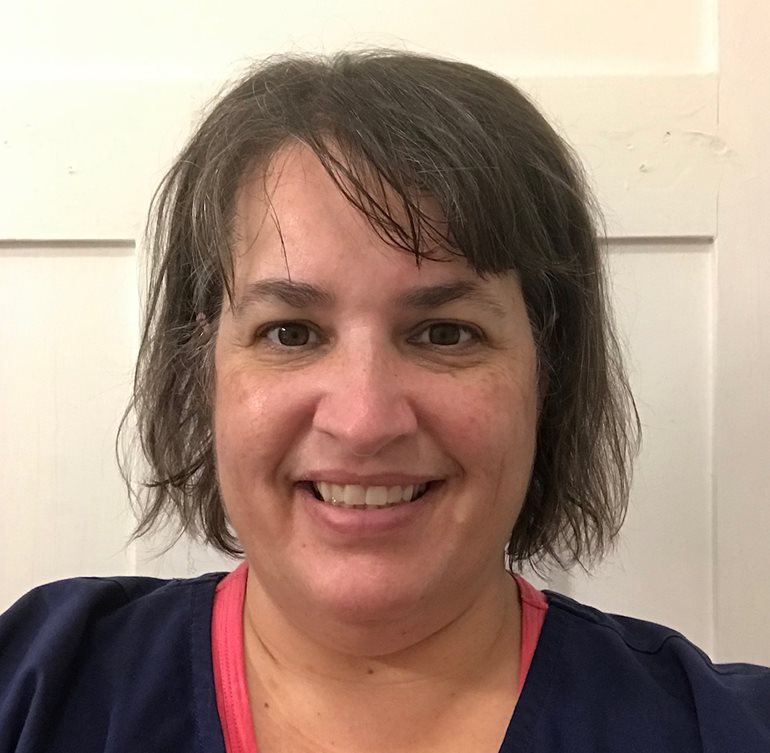
Boelter and Phonlasook are also working on a community project to support the Northwest Neighbors Network, a nonprofit organization that helps keep elderly people in their homes. To help prevent social isolation, the nursing students are proposing an increase in outdoor luncheons and tai-chi lessons in local parks to get people together and breathing fresh air.
On Feb. 17, Marconi, Boelter and Phonlasook, along with other classmates, hosted a conversation with residents at the Edmonds Waterfront Center and members of the Northwest Neighbors Network. Titled Social Isolation: Recognition, Impact & Solutions, the dialogue focused on how to recognize signs of isolation and offered ideas and resources to help people expand their options.
“I think everyone at one point or another has felt lonely,” Marconi said. “I hope we can remember how difficult that is to face and just be kind to people, because you may not always know who is suffering. Showing a little bit of love goes a long way.”

